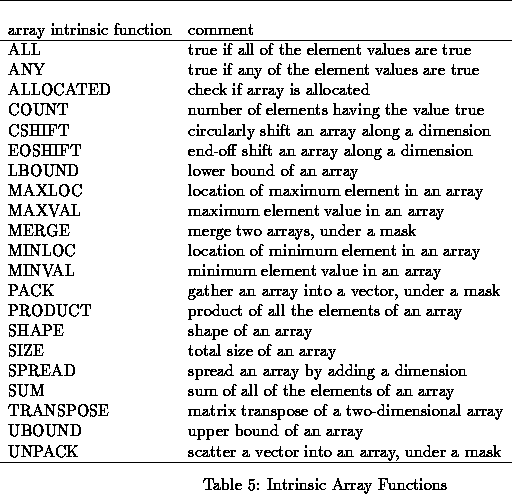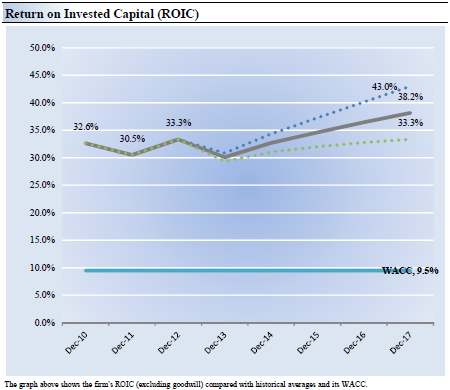Intrinsic financial definition of intrinsic
Post on: 16 Март, 2015 No Comment

(redirected from intrinsic )
Intrinsic Value
1. The actual value of an asset. That is, the intrinsic value is what an asset is actually worth, rather than its current market value. which is overly influenced by market conditions such as a recession or a speculative bubble. One may think of the intrinsic value of an asset as its value in a perfect world, because one may not always be able to receive the intrinsic value. For example, the intrinsic value of a baseball card may be $10,000, but if prevailing market conditions render investors uninterested in buying baseball cards, one may only be able to sell the card for $5,000. That said, the line between intrinsic and extrinsic value is sometimes blurry.
2. The gain that an option holder would receive by exercising an in-the-money option. That is, the intrinsic value of an option is how much the strike price is below the underlying asset (for a call ) or above the underlying asset (for a put ). These options have intrinsic value because they always result in a profit. As a result, these options may be sold for a much higher price than the investor paid for the option.
intrinsic value
The value of a security, justified by factors such as assets, dividends, earnings, and management quality. Intrinsic value is at the core of fundamental analysis since it is used in an attempt to calculate the value for an individual stock and then compare it with the market price. Because analysts view facts differently, there is often a wide disparity in estimates of a particular stock’s intrinsic value.
Intrinsic value.
A company’s intrinsic value, or underlying value, is used to calculate its projected worth.
You determine intrinsic value by subtracting long-term debt from anticipated future assets, including profits, the potential for increased efficiency, and the sale of new stock.
Another approach is to calculate intrinsic value by dividing the company’s estimated future earnings by the number of its existing shares. This method weighs the current price of a stock against its future worth.
Critics of using intrinsic worth as a way to evaluate potential investments point out that all the numbers except debt are hypothetical.
The term is also used in options trading to indicate the amount by which an option is in-the-money. For example, an equity call option with a strike price of 35 has an intrinsic value of $4 if the market price of the underlying stock is $39. But if the market price drops to $34, the option has no intrinsic value.

intrinsic value
An appraisal term meaning an intangible value based on a property’s proximity to certain features and amenities, such as good schools, health care, and shopping.
Intrinsic Value
What Does Intrinsic Value Mean?
(1) The actual value of a company or an asset, based on an underlying perception of its true value, including all aspects of the business, in terms of both tangible and intangible factors. This value may differ from the current market value. Value investors use a variety of analytical techniques to estimate the intrinsic value of securities in hopes of finding investments in which the true value of the investment exceeds its current market value. (2) For call options, the difference between the underlying stock’s price and the strike price. For put options, the difference between the strike price and the underlying stock’s price. In the case of both puts and calls, if the respective difference is negative, the intrinsic value is stated as zero.
Investopedia explains Intrinsic Value
(1) For example, value investors that use fundamental analysis look at both qualitative (business model, governance, target market factors, etc.) and quantitative (ratios, financial statement analysis, etc.) aspects of a business to see if that business is currently out of favor with the market and potentially worth much more than its current valuation. (2) An option’s intrinsic value is the in-the-money portion of that option’s premium. For example, if a call option’s strike price is $15 and the underlying stock’s market price is at $25, the intrinsic value of the call option is $10. An option is usually never worth less than what an option holder can receive if the option is exercised.














